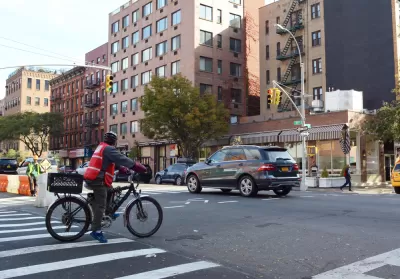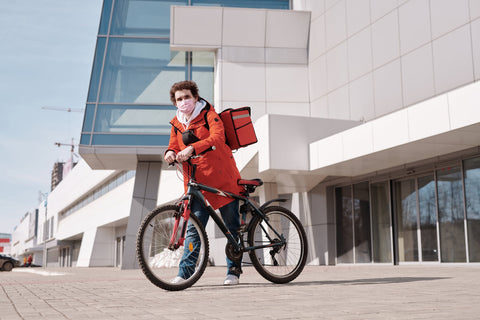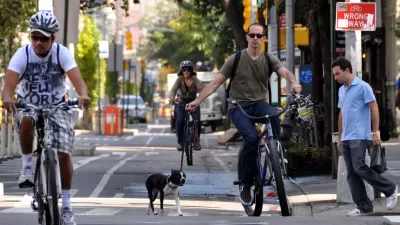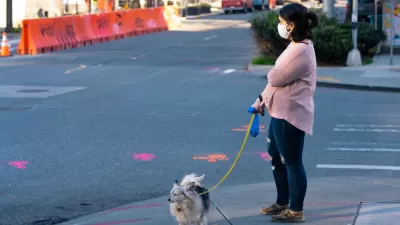For the last six months, the world has been on a stand-still. As government-imposed lockdowns spread across the country in the midst of the COVID-19 pandemic, people have been looking left and right for alternatives to cope with the “new normal.”

Going from one place to another might be one of the biggest challenges this pandemic had to offer, not just for those in the front lines, but to certain individuals as well. While the general rule is to stay at home as much as we can, there are still times when people have to go out and run essential errands like grocery shopping. There are also those who are still required to go to work and those who work in food and essentials delivery.

Mobility is essential to frontline workers. Because of the restrictions in transportation, the electric bicycle industry has seen growth in its sales amidst this global crisis. Some people are convinced that going electric is the safer way to go, and here are some of the reasons why. Read more.
FULL STORY: Riding through the Pandemic: How Electric Bikes Help in Battling COVID-19

Maui's Vacation Rental Debate Turns Ugly
Verbal attacks, misinformation campaigns and fistfights plague a high-stakes debate to convert thousands of vacation rentals into long-term housing.

Planetizen Federal Action Tracker
A weekly monitor of how Trump’s orders and actions are impacting planners and planning in America.

San Francisco Suspends Traffic Calming Amidst Record Deaths
Citing “a challenging fiscal landscape,” the city will cease the program on the heels of 42 traffic deaths, including 24 pedestrians.

Defunct Pittsburgh Power Plant to Become Residential Tower
A decommissioned steam heat plant will be redeveloped into almost 100 affordable housing units.

Trump Prompts Restructuring of Transportation Research Board in “Unprecedented Overreach”
The TRB has eliminated more than half of its committees including those focused on climate, equity, and cities.

Amtrak Rolls Out New Orleans to Alabama “Mardi Gras” Train
The new service will operate morning and evening departures between Mobile and New Orleans.
Urban Design for Planners 1: Software Tools
This six-course series explores essential urban design concepts using open source software and equips planners with the tools they need to participate fully in the urban design process.
Planning for Universal Design
Learn the tools for implementing Universal Design in planning regulations.
Heyer Gruel & Associates PA
JM Goldson LLC
Custer County Colorado
City of Camden Redevelopment Agency
City of Astoria
Transportation Research & Education Center (TREC) at Portland State University
Jefferson Parish Government
Camden Redevelopment Agency
City of Claremont





























